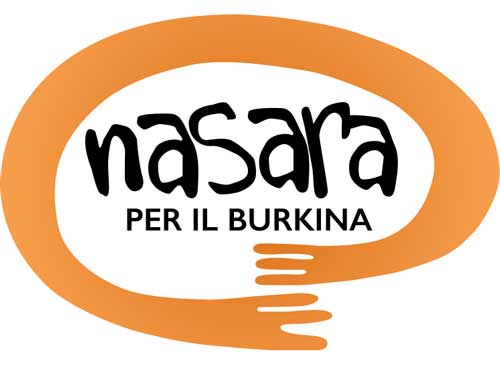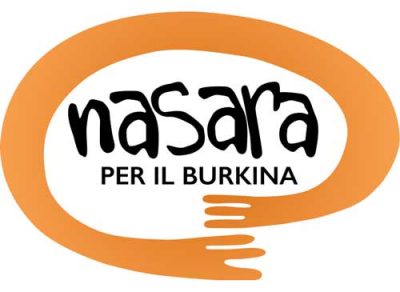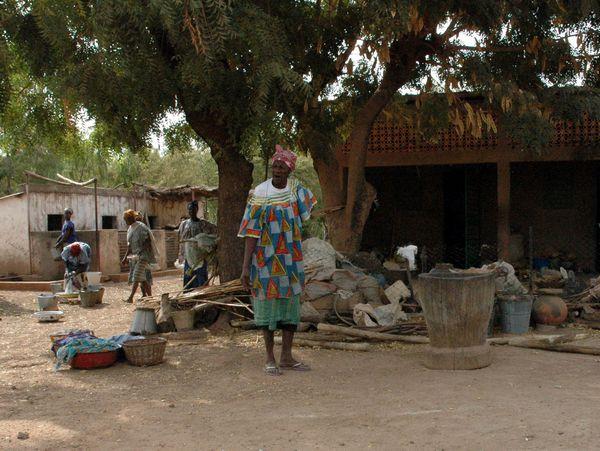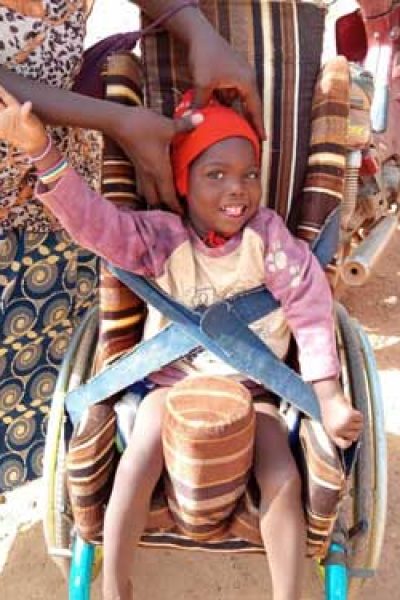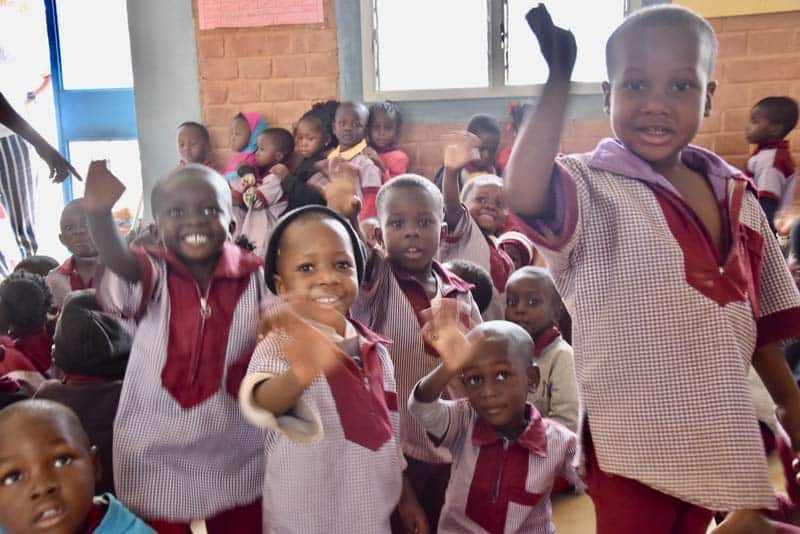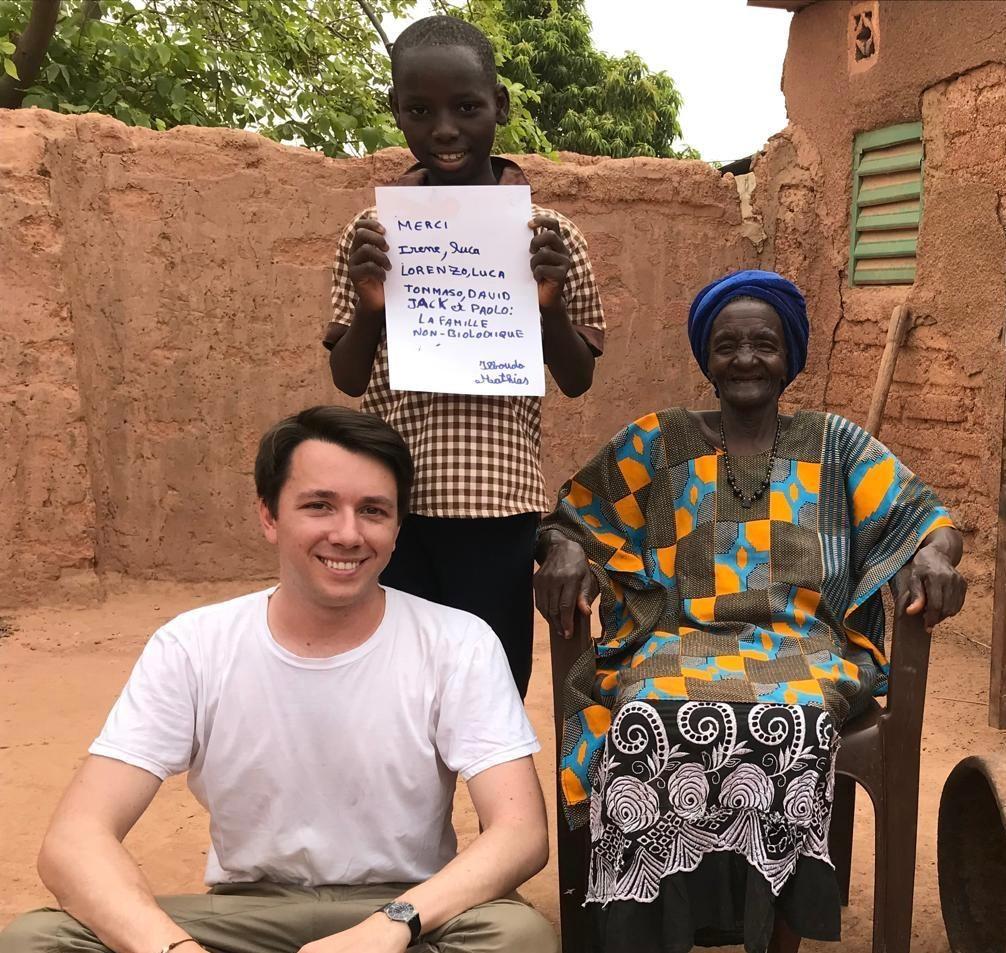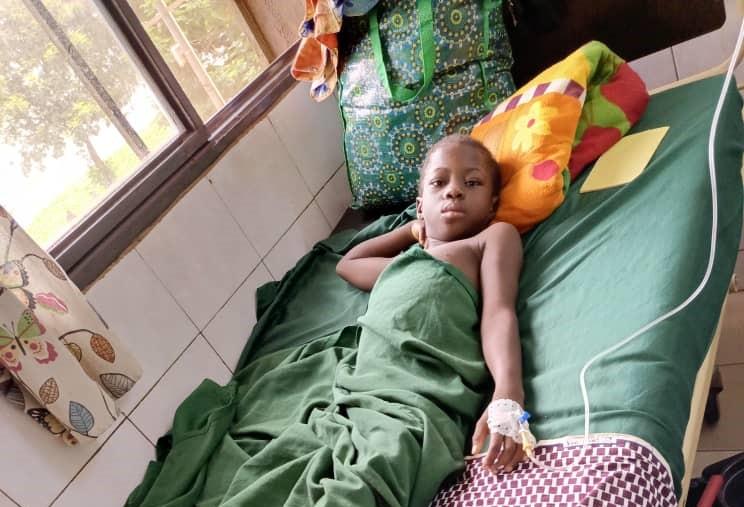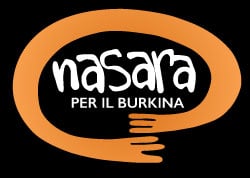In Burkina Faso becoming old, as we understand this term, is already very difficult since the average life expectancy is much lower than ours in western countries. In fact, in Burkina Faso one is already elderly beyond the age of 40.
But it is not only old age that creates problems for the elderly, it is enough that they can no longer be self-sufficient or useful to the family that often, especially if they are women and especially in the more ignorant strata of the population, these people are marginalised by the family itself and put out of the home.
Often old women are also accused of being‘soul-eaters‘ and are therefore often tortured and killed because of the fear surrounding them. Here you can read an article, excerpted from the Camillians’ website, written by Giuseppe Fabrizi, one of the many volunteers who knew Brother Vincent and who wanted to do him this homage by writing this story about an alleged‘eater of souls‘.
The same fate is often reserved for people with mental and sometimes even physical disabilities.
Once out of the home, the only social protection since in Burkina Faso the state does not provide social assistance to these categories, these people are destined to lead a beggar’s life and quickly die of hunger and hardship.
At the sight of these human miseries, 40 years ago a missionary with a big heart named Brother Vincent decided that giving shelter to the elderly and mentally ill and to lepers would be his life’s mission. So it was, and since then, with the help of numerous organisations including ours, he has built a new village, close to the pre-existing village of Tanghin, where 600 old and mentally ill people are currently housed and fed.
The village, now incorporated into the capital Ouagadougou, has hovels and communal areas, two wells, a communal vegetable garden, canteen and other facilities useful to the community living there.
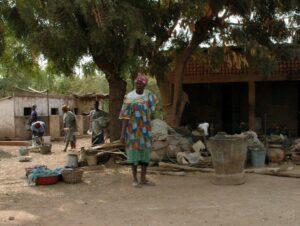
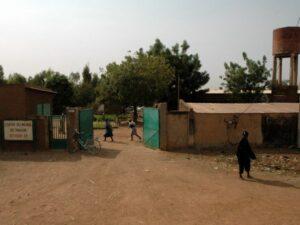
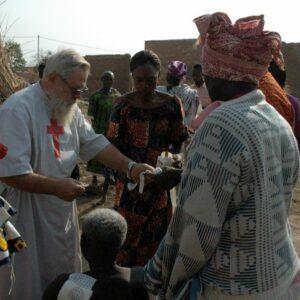
Twice a week Brother Vincent, accompanied by a group of Burkinabe volunteers, goes to Tanghin to distribute sacks of rice, soap, medicines and other necessities. When necessary, he treats the sick with the means he has at his disposal: a few medicines he receives from the volunteers or creams made with charité butter and aloe vera.
Often, volunteer organisations come to make a contribution in work or simply in presence.
Our association has contributed to the building of one of the two wells and to the accommodation of the residences, as well as making annual financial contributions to purchase the necessary goods for the village.
